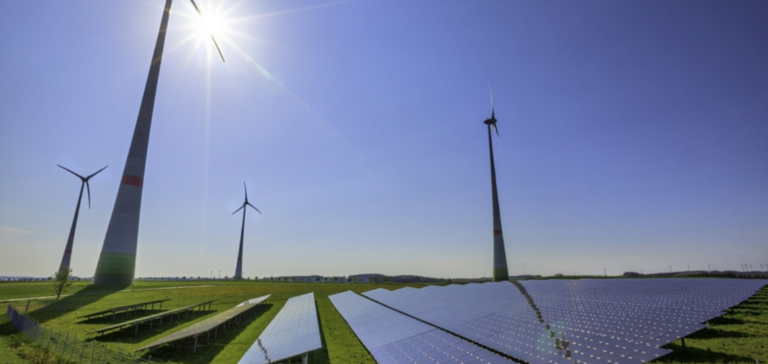The European Commission’s recent announcement marks a strategic turning point in the European Union’s energy policy. The proposal for 166 cross-border energy infrastructure projects underlines Europe’s commitment to a more sustainable future. More than half of these projects focus on power transmission, in particular to connect offshore wind farms and develop smart grids. Scheduled to be operational between 2027 and 2030, these infrastructures symbolize a transition to cleaner, more efficient energy consumption.
Hydrogen and the decarbonization of industry
The 65 projects dedicated to hydrogen and electrolyzers illustrate the Commission’s clear determination to support the decarbonization of industry. These projects aim to produce hydrogen from renewable energies, putting hydrogen at the heart of the EU’s energy strategy. The inclusion of 14 CO2 network projects also demonstrates a commitment to the creation of a market for carbon capture and storage.
A Renewed and Sustainable Vision
This initiative is part of the EU’s ambitious goal of achieving a 42.5% share of renewable energies in European consumption by 2030. Energy Commissioner Kadri Simson highlighted the end of the era of European funding for fossil fuel infrastructure, marking a step towards a greener, more resilient Europe. The projects presented reflect a renewed vision where consumers also become producers, and where the majority of energy will come from renewable sources.
Crucial investments for the future
The European Commission estimates the investment needed to develop and modernize Europe’s electricity networks at 584 billion euros. This figure underlines the scale of the financial commitment required to adapt infrastructures to the boom in wind and solar power, and to a 60% increase in electricity consumption between now and 2030. The inclusion of projects with third countries also extends the impact of these initiatives beyond the EU’s borders.
These cross-border energy infrastructure projects represent a crucial step towards realizing the vision of a more sustainable and interconnected Europe. They testify to the Union’s determination to adopt a proactive and innovative approach to the climate challenges of the 21st century.





















